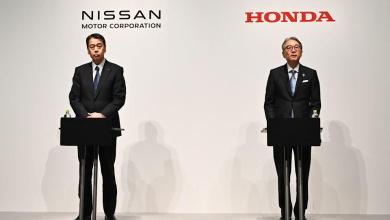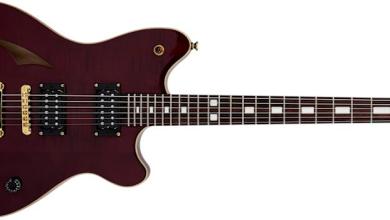Auto industry rocked by Trump’s 25% tariffs on US imports
By Nora Eckert, Kalea Hall and David Shepardson
DETROIT/WASHINGTON (Reuters) – U.S. automakers and their global rivals were rocked on Wednesday by President Donald Trump’s announcement that he would impose 25% tariffs on all vehicles and foreign-made autoparts imported into the United States.
General Motors shares slumped 8% in after-market trading. Shares in Ford and U.S.-traded shares of Chrysler-parent Stellantis fell about 4.5% each. In Asia, shares in Toyota Motor, Honda Motor and Hyundai Motor all fell around 3%.
Shares in Tesla, which makes all the cars sold in the U.S. locally but with some imported parts, were down 1.3%. Trump said the duties announced on Wednesday could be a net neutral or even good for Tesla. He said the company’s CEO and his close ally Elon Musk did not advise him regarding tariffs on autos.
These companies did not immediately return emails seeking comment.
Nearly half of all cars sold in the U.S. last year were imported, according to research firm GlobalData.
Autos Drive America, a group representing major foreign automakers including Honda, Hyundai, Toyota and Volkswagen, said the “tariffs imposed today will make it more expensive to produce and sell cars in the United States, ultimately leading to higher prices, fewer options for consumers, and fewer manufacturing jobs in the U.S.”
In his second term, Trump’s tariffs and threats to impose them have sowed uncertainty in businesses and roiled global markets. On Wednesday, he reiterated that he expects the auto tariffs to prompt automakers to increasingly invest in America instead of Canada or Mexico.
Automakers in North America have largely enjoyed free trade status since 1994. Trump’s 2020 U.S.-Mexico-Canada Agreement (USMCA) imposed new rules designed to increase regional content production.
After initiating 25% tariffs on Mexico and Canada in early March, Trump allowed a one-month reprieve for vehicles produced in compliance with the terms of his USMCA, which benefited American companies.
The new rules do not extend that reprieve.
“Companies that have invested hundreds of millions and billions of dollars on plants in Canada and Mexico will likely see their profits cut dramatically over the next few quarters, if not into a couple years,” said Sam Fiorani, analyst at AutoForecast Solutions.
“We’re going to look at adjusting our sales and production forecasts because this will throw everything into chaos.”
The White House said that 25% tariffs on automotive parts imported to the U.S. will begin no later than May 3, taxing key automobile parts including engines, transmissions, powertrain parts, and electrical components.
Source link



